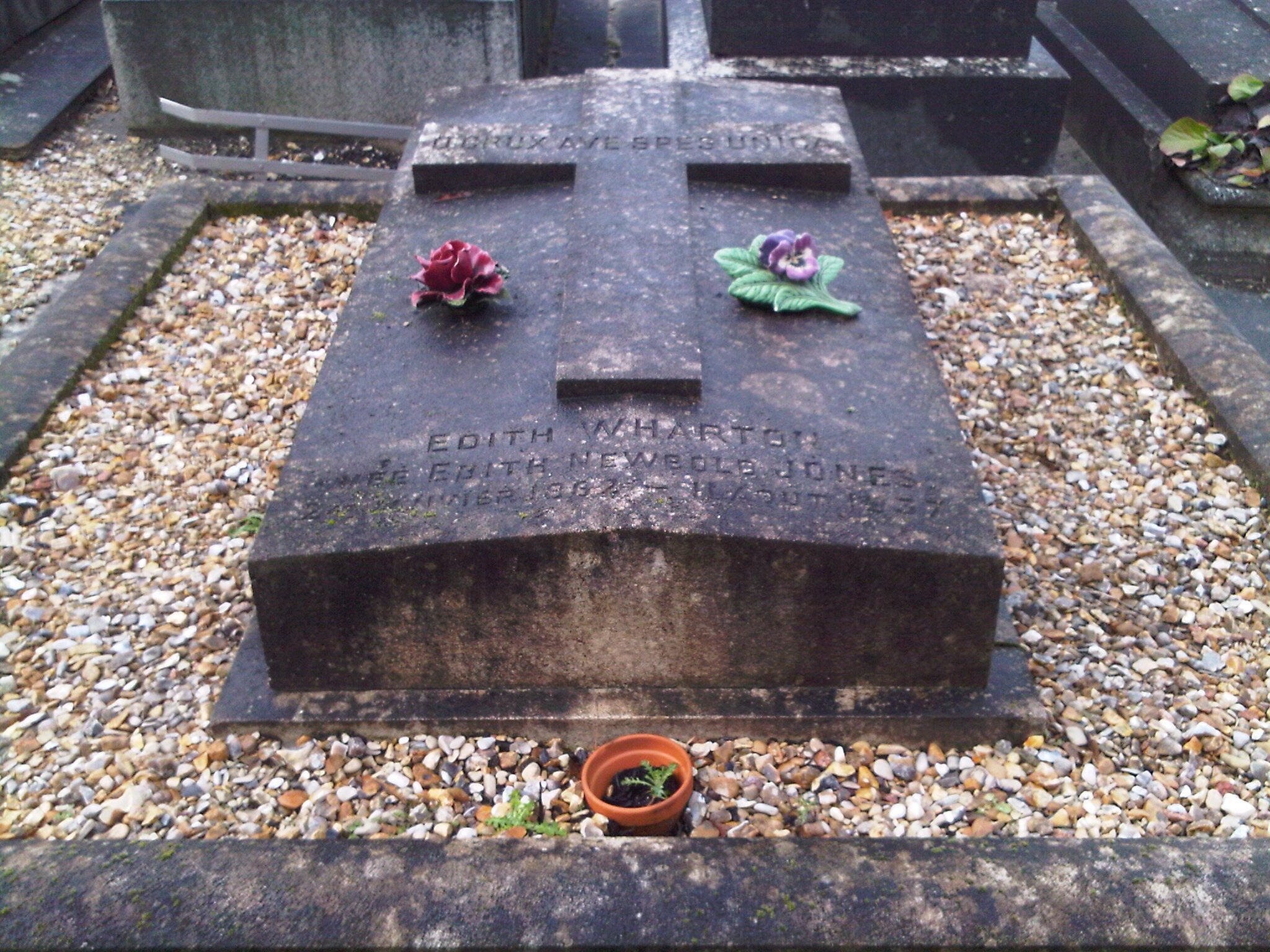Edith Wharton - the American novelist who joined France's WWI effort
The streets just east of the historic Les Invalides military hospital in Paris’s seventh arrondissement have an air of distinguished calm. But when France went to war in 1914, one resident of the rue de Varenne was not prepared to watch from her drawing room.
Issued on: Modified:

American novelist Edith Wharton set up workshops for women all over Paris, making clothes for hospitals as well as lingerie for a fashionable clientele. She raised hundreds of thousands of dollars for refugees and tuberculosis sufferers and ran a rescue committee for the children of Flanders, whose towns were bombarded by the Germans.
Her friend and fellow author Henry James called her the "great generalissima".
One of the few foreigners allowed to visit the front lines, she described herself rather as “an eager, grotesque figure bestriding a mule in the long tight skirts of 1915, a prosaic Walkyrie laden with cigarettes”.

In 1916 she won France’s highest decoration - the Légion d'honneur. She was also the first woman to win the Pulitzer Prize for literature.
The plaque outside her house at 53, rue de Varenne says Edith Wharton was the first American writer to come to live in France for love of this country and of its literature.
"When I think of Paris, I think of heaven,” says Margaret Murray, who is president of the Edith Wharton society. “That’s what Paris was for her.”
Wharton came to Paris in 1907 and discovered a world where she could be an intellectual woman and where she could have an affair.

“When I used to go and wander up and down the rue de Varenne and spend time familiarising myself with that area that Wharton lived in, I used to feel that it was extraordinarily different from the rest of Paris,” says Wharton’s biographer Hermione Lee. “My feeling is now, as then, that it was a very special and rather rarefied and rather closed-in part of Paris.”
The area has retained the quiet grandeur it had at the beginning of the 20th century when Wharton was entertaining major cultural figures like André Gide, Walter Berry and Henry James.
In 1914, though, she opened up several apartments in the area, transforming them into workshops for women.
“When war broke out an immense number of benevolent women in Paris felt a violent but vague impulse to ‘help’,” Wharton wrote in the New York Times. “This impulse found its chief expression in the traditional pursuits of making lint, hemming towels and crocheting baby jackets.
Edith Wharton in Paris
"Such activities are harmless and even commendable in days of peace, but in war time any unpaid industry encroaches on the rights of the unemployed, and this fact was so promptly understood in France that I can claim only by a few weeks’ priority the honor of having founded the first paying workroom in Paris.”
Soon her workshop in the rue de l’Université was overflowing and she was obliged to open up others around the arrondissement.
When refugees began pouring into Paris in September 1914 – “they all came at once in a terrible tidal wave” – Wharton took up their cause. She rallied friends to provide three large houses, she wrote endless letters to America and her friends in France asking for money and managed the accounts with impressive business acumen.
“The worst of doing good is that it makes one forget how to do anything more interesting,” she remarked.
Her literary output suffered as a result of all this good – “I had a really big novel in me a year ago (excuse the gynaecological metaphor), but things have killed it.”
Wharton took a hard line when it came to incompetence or silliness.
Her route to the frontline was impeded because some women had behaved so riotously that French authorities were clamping down on frontline tourism. Wharton was bringing supplies to the soldiers.
“I don’t know anything that horrifies me more than the mixture of flirtation and surgery, of opoponax [a scent] and chloroform,” she said.
Wharton's writing was almost alone in America in its bleak portrayal of the war; she was ashamed of America’s isolationist policies during the first years, and one of her best friends, Walter Berry, is credited with being instrumental in bringing America into the war.

“I’m not sure if what she said and wrote directly affected the situation,” says Connie Nordhielm Wooldridge, author of The brave escape of Edith Wharton. “I think she was maybe too passionate to be effective.”
Still, her appeals across the Atlantic certainly brought in money. After their first year, the American Hostels for Refugees were able to report the following figures.
Refugees assisted: 9,229
Meals served: 235,000
Refugees for whom employment has been found: 3,400
Garments distributed: 48,333
Her charity work also permanently damaged her health. She died of a stroke in the Pavillon Colombe, a house just outside Paris, in 1937. Her friend Elisina Tyler came and stayed with her.
“She just camped out there while she was dying,” says Nordhielm Wooldridge. “It was a very poetic way to die. I don’t think we die that way any more these days.”
The gardeners at the Cimitière des Gonards in Versailles, where she is buried, say fewer and fewer people come to visit these days.
“I’ve been working here for 16 months and you’re the second person to ask me,” says one of them, Denis-Serge Lorssery. “The previous generation came because they knew about her.”
In fact, they say, there are now only 20 visits a year to the whole graveyard.
But someone remembers Edith Wharton. A rose and a pansy, both made of porcelain, have been left on her grave.
Daily newsletterReceive essential international news every morning
Subscribe